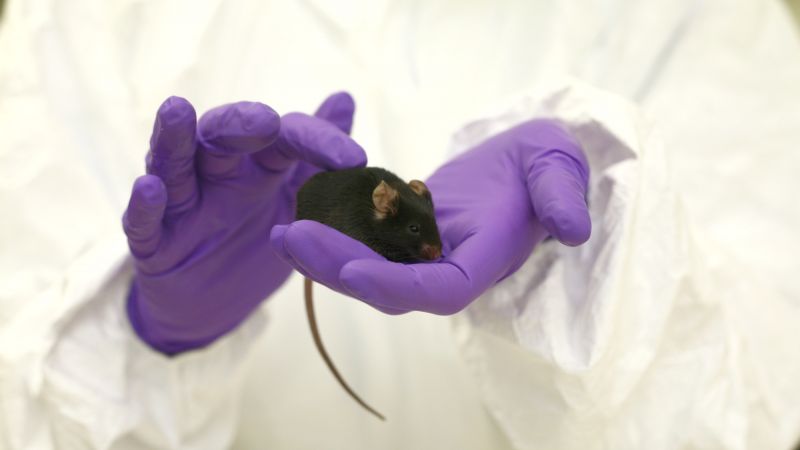Text to go here...
 Scientists have found a way to reverse the devastating effects of multiple sclerosis (MS) in mice. The findings could be developed into new treatments and also provide doctors with a better understanding of the disease.
Scientists have found a way to reverse the devastating effects of multiple sclerosis (MS) in mice. The findings could be developed into new treatments and also provide doctors with a better understanding of the disease.
MS occurs when the body's immune system attacks nerve cells. Although not completely understood, it is believed that T-cells, which usually protect the body, gain access to the brain and attack the insulating layer (myelin sheath) wrapped around nerve cell axons. This destroys parts of the brain and spinal cord, disrupting nerve signals and causing serious disability. Patients can suffer from fatigue, muscle weakness and spasms, difficulties with movement, eyesight, speech, and swallowing.
Using mice genetically modified to have symptoms of MS, the researchers injected small molecules called dsRNA, which activated receptors to stimulate the production of a protein called interferon-β (IFN-β). The mice showed improved symptoms – such as stronger tail movement – within 48 hours.
This was because IFN-β reduced the production of T-cells and also reduced their ability to pass from the bloodstream into the brain where they cause damage. This finding implicates new signalling pathways in the development of the disease, furthering our understanding of this complex condition.
dsRNA already forms part of the treatment for some MS patients and the researchers hope that their findings will help the development of more effective treatments in the future.
Read more about MS on our sister website here.
Last edited: 29 July 2022 11:13




